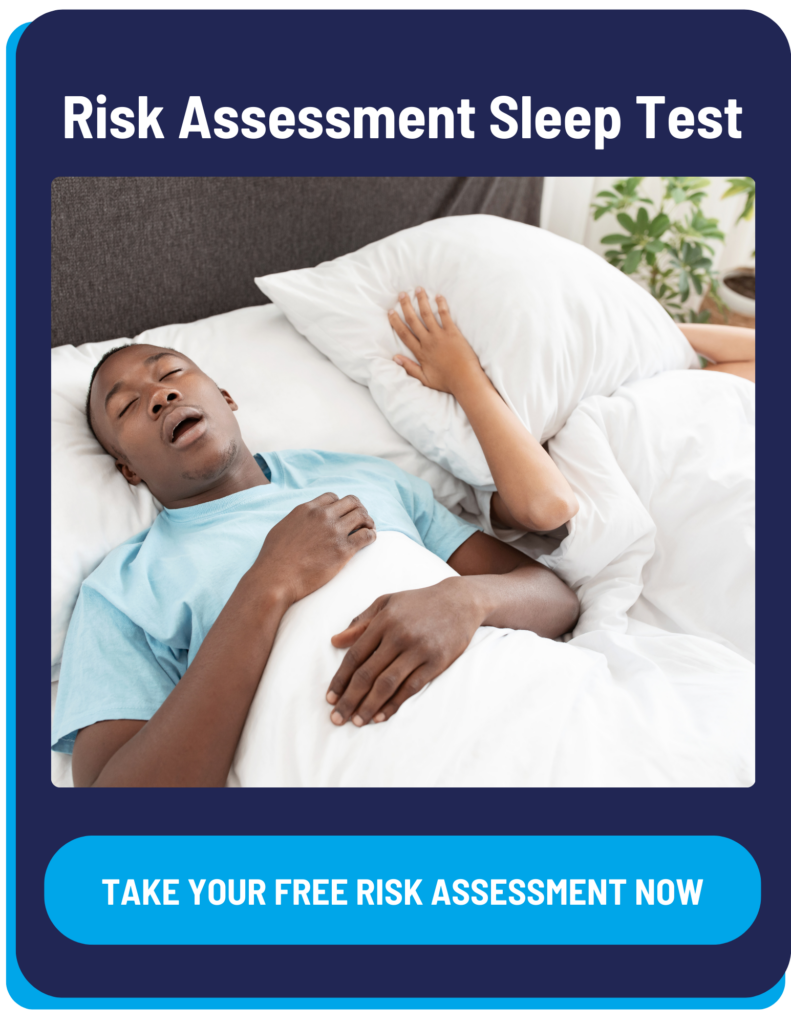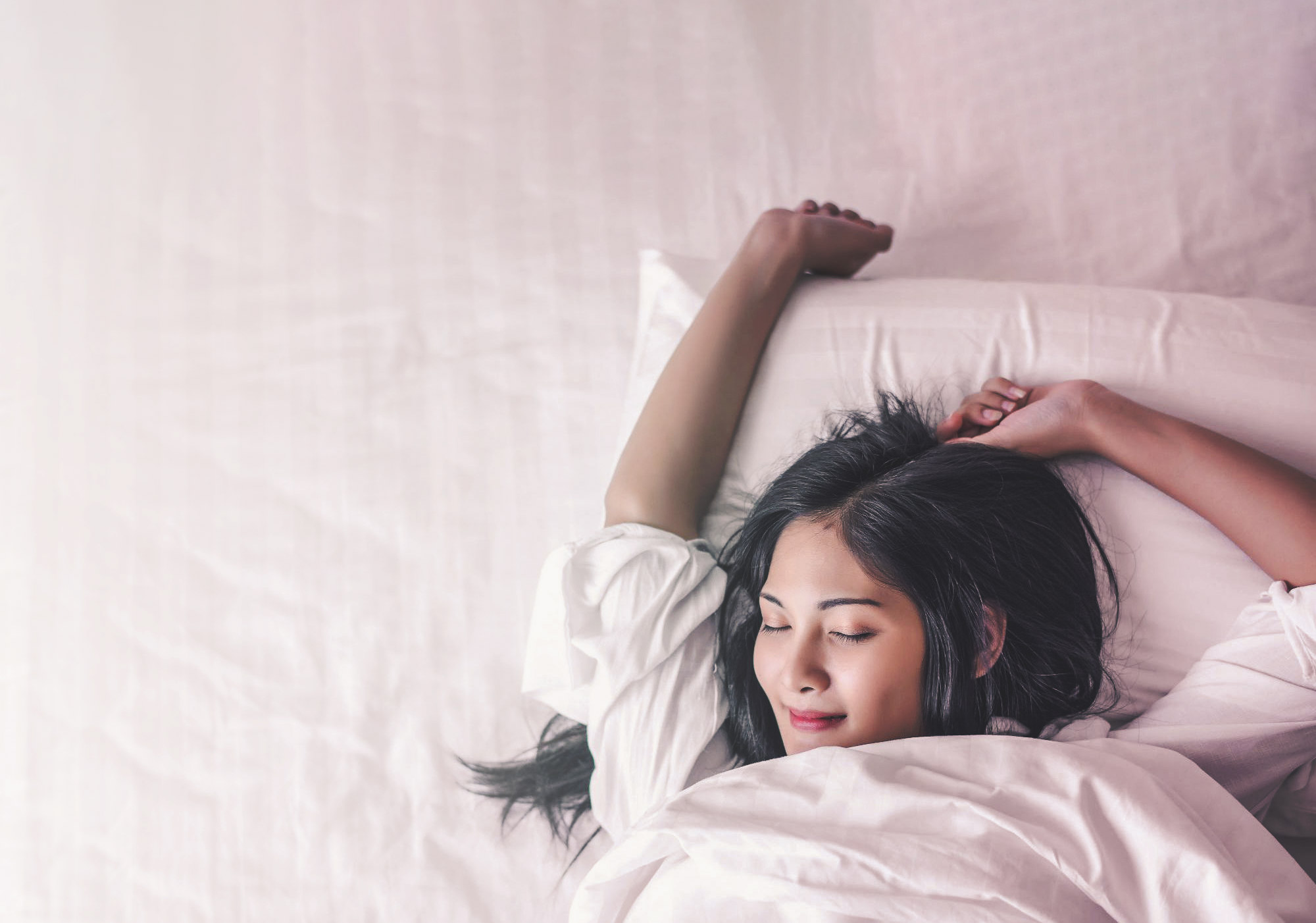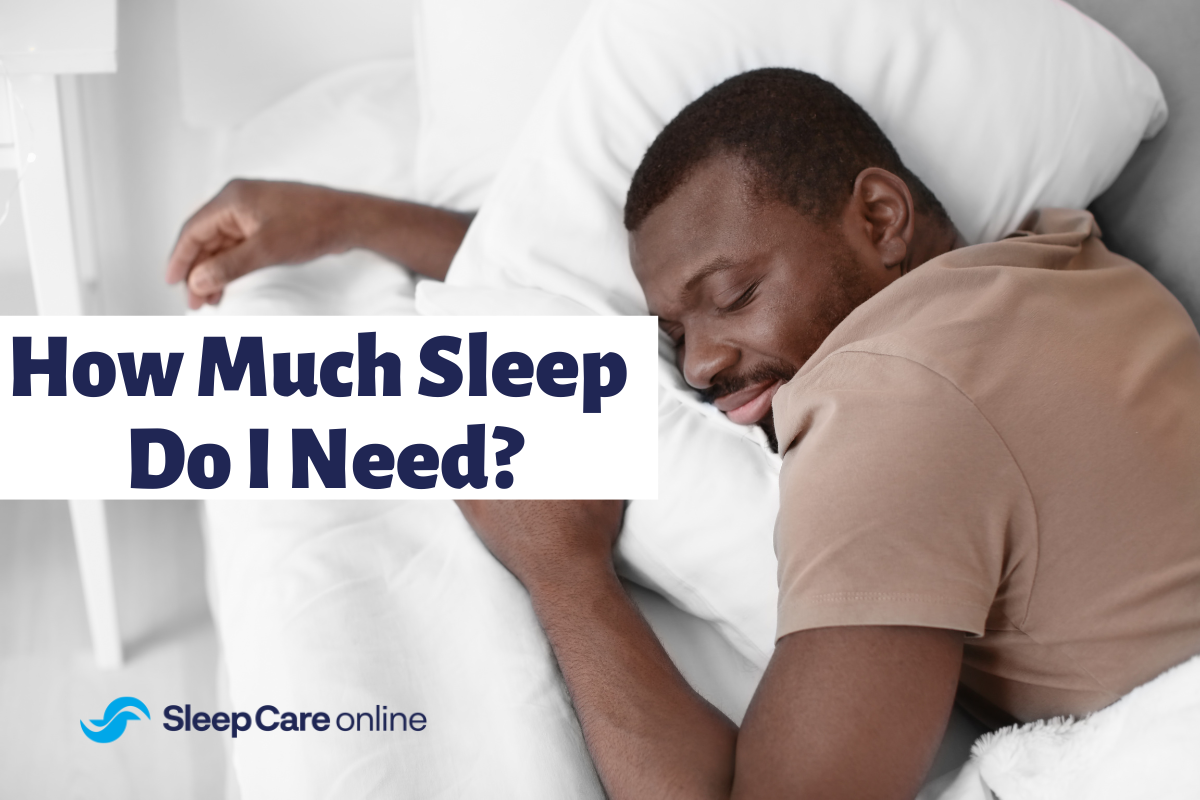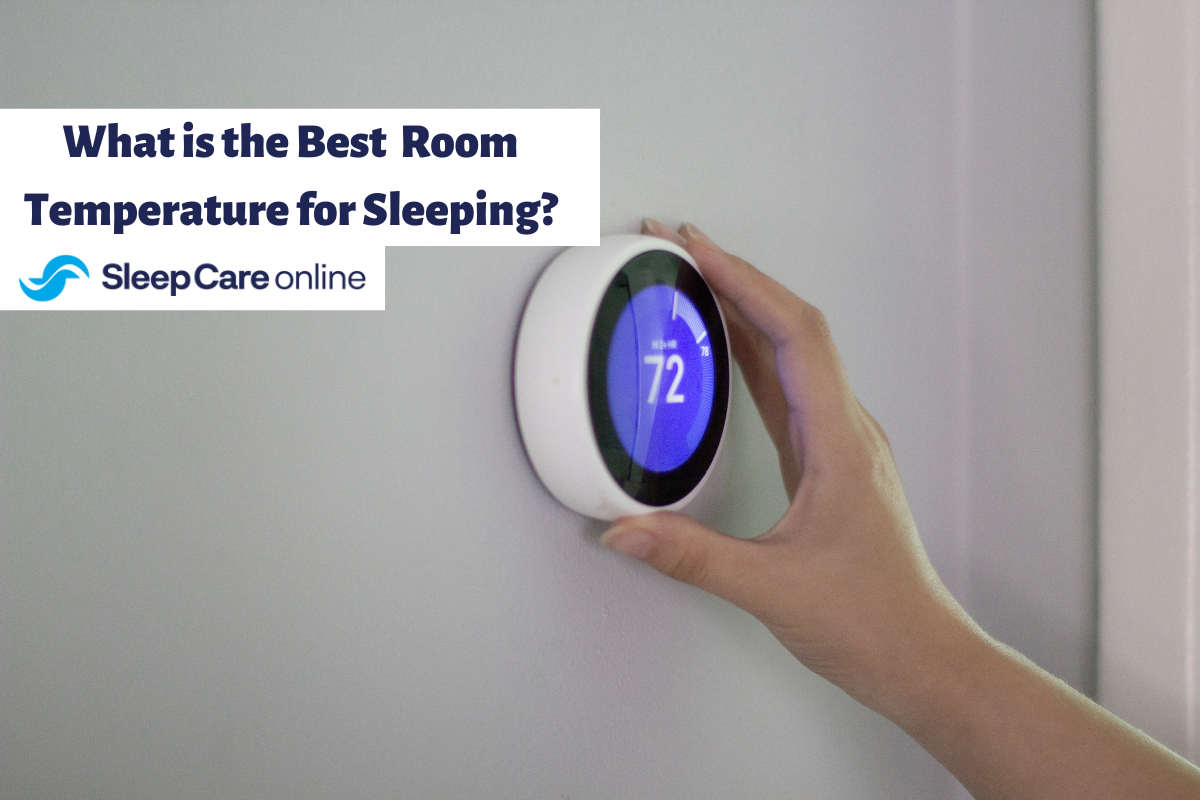Sleep is a critical part of our overall health. Insomnia and other sleep disorders, such as sleep apnea, can cause numerous health-related issues. Sleep loss doesn’t just leave you tired during the day. Frequent lack of quality sleep can also contribute to heart disease, stroke, diabetes, and depression. One study even suggests that poor sleep quality can lead to cognitive decline and dementia.1
Is It Better to Sleep Without A Pillow?
Sleeping without a pillow puts less stress on your neck for those with neck problems. However, disorders like sleep apnea and sleeping without a pillow actually puts more pressure on the airway, which can make symptoms worse.
Why Do I Sleep Better During the Day?
Sleeping better during the day may indicate that you are not getting enough sleep at night. Sleep disorders like sleep apnea can rob you of hours of essential sleep during the nighttime. You may feel you are sleeping better during the day because your body needs rest and is compensating for your sleep loss with daytime naps.
Recommendations for Better Sleep
Here are some important tips to ensure you get a good night’s sleep.
- Keep a consistent sleep schedule.
- Maintain a regular exercise routine.
- Reduce electronic “blue light” usage at night.
- Avoid caffeinated drinks and alcohol before bedtime.
- Get tested for sleep apnea.
Keep a Consistent Sleep Schedule
Our body follows a natural rhythm of wakefulness and restfulness. By following a consistent sleep routine, we can “train” our bodies to listen to that rhythm. Maintaining that consistency helps you avoid disruptive sleep patterns.
Maintain a Regular Exercise Routine
Aside from the physical benefits of improving health, exercise has been shown to improve sleep quality. Incorporating moderate-intensity aerobic exercise, such as jogging and resistance training, into your daily routine may greatly improve your sleep quality throughout the week.2
Reduce Electronic “Blue Light” Usage at Night
One of the primary culprits of modern sleep deprivation is our exposure to blue light. One Harvard study found that exposure to the blue light emitted from TVs, cell phones, and computers can suppress melatonin (sleep hormone) for twice as long as other types of light. If possible, abstain from doing computer tasks or looking at a TV at least two hours before bedtime. Wearing blue-light-blocking glasses can also help decrease the effect it has on your sleep.
Avoid Caffeinated Drinks and Alcohol Before Bedtime
Not only coffee and tea, but caffeinated soft drinks can overstimulate your system at night. Caffeine can stay in your blood for up to six hours. Try to avoid coffee and sodas after 4 pm. Alcohol can disrupt sleep by reducing melatonin production by up to 20%. After a night of disrupted deep sleep, you will wake up feeling groggy in the morning.
Avoid Irregular Napping During the Day
While daytime naps may feel energizing and refreshing, they may be confusing your natural sleep cycle. Your body tends to want to sleep at night. Getting most of your sleep during the day can leave you restless and awake during natural bedtime schedules. However, the duration and frequency of the naps plays an important role. Some people who take short naps may not experience a loss in sleep quality, while those who indulge in longer daytime naps may see a compromise in nighttime sleep.
Manage Stress
Stress from work or life events can impact sleep health. If you find you are experiencing a lot of stress during the day and are not sleeping well at night, you may consider taking actions to reduce stress. Try meditation to help calm your mind. Look at other pre-bedtime resting strategies such as reading a book or listening to relaxing music. An active mind before bedtime can lead to hours of wakefulness.
Increase Bright Light Exposure During the Day
Natural sunlight communicates to your body and mind that it is time to stay awake. The absence of light at night tells your body it’s time for rest. When you do not receive enough natural sunlight, you may be throwing off your natural sleep cycle. Try to get as much natural light during the day as possible. If you can’t then consider lighting systems that simulate sunlight indoors to get those essential rays.
Get a Melatonin Supplement
Melatonin is an essential brain chemical for inducing sleep. Many people may not realize that their natural melatonin levels are low, which may be causing sleep problems. Melatonin is available as an over-the-counter supplement that has no side effects. It has been shown to improve sleep quality by 15% in some studies. Be sure to speak to your doctor before starting a melatonin regiment to ensure proper dosage and to know if melatonin is safe to take with any other medications you are prescribed.
Optimize Your Bedroom with Effective Lighting and Temperature
Your bedroom environment plays an important part in leading to a good night’s sleep. Make sure the temperature in your bedroom is comfortable for sleep. Too much light in a room may be disruptive, so lowering blinds and turning off electronics and nightlights can help keep the room dark and peaceful for sleep. Also. too much noise can keep you up. Closing your door or using earplugs can help reduce ambient noise and prevent interrupted sleep.
Take A Relaxing Shower Before Bed
Getting your body and mind ready for bed is one of the best ways to induce a good night’s sleep. Consistent patterns help prepare you for rest. Taking a shower or bath before bedtime helps you ease into a relaxing mood. Studies indicate that this pre-bedtime activities can help improve overall sleep quality and help people — especially older adults — fall asleep faster. Soothing rituals like a shower before bed gets you ready for sleep.
Find the Right Mattress and Pillows
Choosing the best mattress and pillow for you can help ensure quality sleep. Many people wonder why they sleep so well in hotels. The answer is the high quality hotel mattresses and pillows are actually helpful for inducing good sleep. Bringing that quality into your home can help reduce sleep loss. Mattress and pillow quality are subjective, so it’s important to spend time shopping for the right bed for your comfort.
Limit Liquids Before Bed
Nocturia is a medical condition in which sleep quality is disrupted by frequent urination at night. One way to reduce nocturia is to reduce the consumption of liquids before bedtime. Along with avoiding alcohol and caffeinated beverages, you should also limit water as well. Too much liquid in the bladder may compel constant trips to the bathroom, which can eventually keep you awake. Try to not drink any fluids 1–2 hours before going to bed.
Get Tested for Sleep Apnea
While all these tactics can help improve your sleep, it is also important to determine whether or not you have a sleep disorder. If you suffer from chronic daytime fatigue, morning headaches, loud snoring, or find yourself waking up gasping for air, you may suffer from obstructive sleep apnea. Treating sleep apnea with CPAP therapy is easy and effective.
How to Test for Sleep Apnea at Home
At Sleep Care Online, you can get a simple and convenient home sleep test to determine if you have sleep apnea. Here is how it works:
- With the Complete Care Package, schedule a 10-minute telehealth visit with a healthcare provider to discuss your symptoms, upcoming sleep study, test results, and treatment options.
- A multi-night, disposable home sleep apnea test is mailed to your home to be completed at your convenience.
- A physician analyzes the sleep data and provides a prescription if needed.
- Schedule an optional follow-up appointment (additional fee applies).
- We connect you to sleep experts who can offer customized sleep therapy options, assistance in equipment purchase, and initial set-up.
Ready to get started? Purchase the Complete Care Package today. As always, our customer service team is here to help. Give us a call at 866.465.4478 or send us an email at contact@sleepcareonline.com.
References:
- Spira A. Impact of Sleep on the Risk of Cognitive Decline and Dementia. Curr Opi Pyschiatry. 2014 Nov;27(6):478-483.
- Kline C. The bidirectional relationship between exercise and sleep: Implications for exercise adherence and sleep improvement. Am J Lifestyle Med. 2014 Nov-Dec; 8(6):375-9.
- Harvard Health. Blue light has a dak side. Aug 2018. Accessed May 2020.





